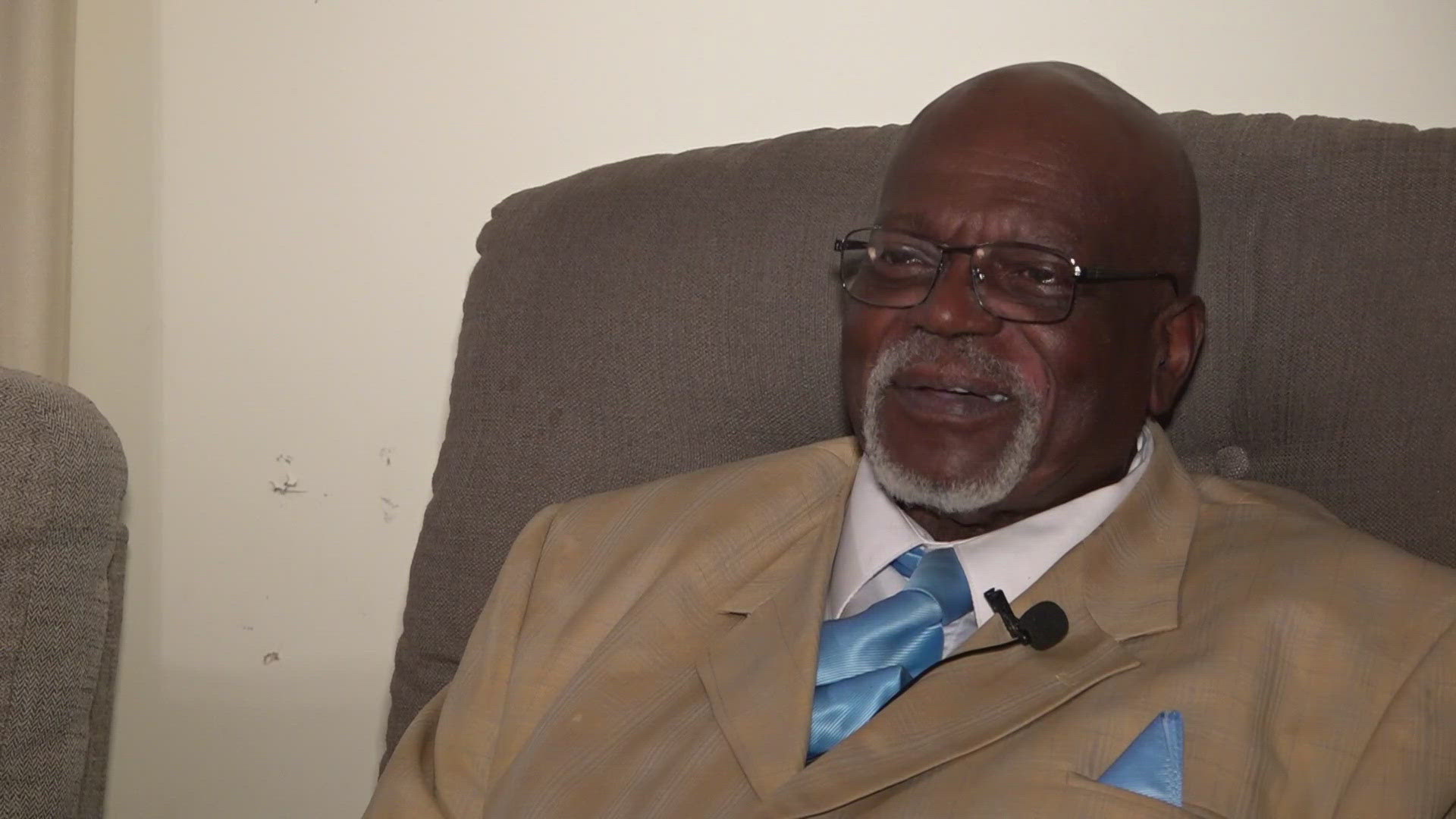JACKSONVILLE, Fla. — Nothing along Willie Brown's bus route throughout the University of North Florida's campus seemed unordinary.
But, how Brown felt in the driver's seat was far from normal.
“Everything just started flipping on me,” Brown said.
Losing feeling on his left side, his vision and his voice, Brown, a Jacksonville resident, immediately drove the bus off to the side of the road, using everything to open the shuttle door knowing it would automatically shut off the ignition.
Brown's experience made it difficult for him to tell the Mayo Clinic staff including Dr. Christopher Kramer what's wrong.
“There's many different things and many times, that goes unrecognized as being a symptom of stroke and some people and so, they may be sometimes we'll wait and see,” Kramer, a neurointensivist at Mayo Clinic, explained. “But of course, what we try to do is restore that blood supply as quickly as possible so that we can minimize the amount of brain damage.”
Brown spent weeks in recovery after doctors removed a blood clot, teaching himself how to walk and talk again, while waiting for his vision, memory and feeling on his left side of his body to come back.
"You know, we had history of diabetes and cancer and different other things like that," Brown told First Coast News. "But no, none of my immediate family never had no strokes, and nothing like that."
Brown wasn't the one to realize he was having a stroke.
“I call them two little angels,” said Brown, referring to the two students on the bus who recognized his symptoms and called 911.
"If they had waited, for example, say two hours longer, you know, his, it's hard to say that his outcome would have been the same," Kramer added. "And so again, that's why I truly believe they saved his life."
Brown recommends everyone to learn the signs of strokes or 'FAST' because that's what saved him and he is now fully recovered. FAST stands for face drooping, arm weakness, speech and then calling for 911 if a person has a combination of these symptoms.
Kramer says every second that goes by where somebody's having a stroke, millions of brain cells are dying. And once those brain cells are gone, they won’t grow back.
“Stroke is an extremely common condition," Kramer said. "And it's the leading cause of disability in the United States. And so, and because of the fact that it's difficult to pick up stroke symptoms, it's not taught as often. It's not as obvious as when somebody's having a heart attack."
Kramer says it’s important once you do recognize that somebody's having a stroke, to get help as quickly as possible because that's going to give them the best chance of having a recovery.

